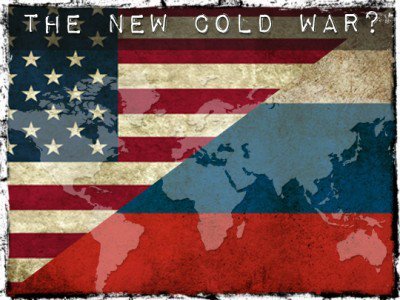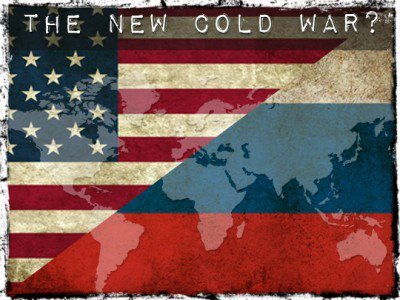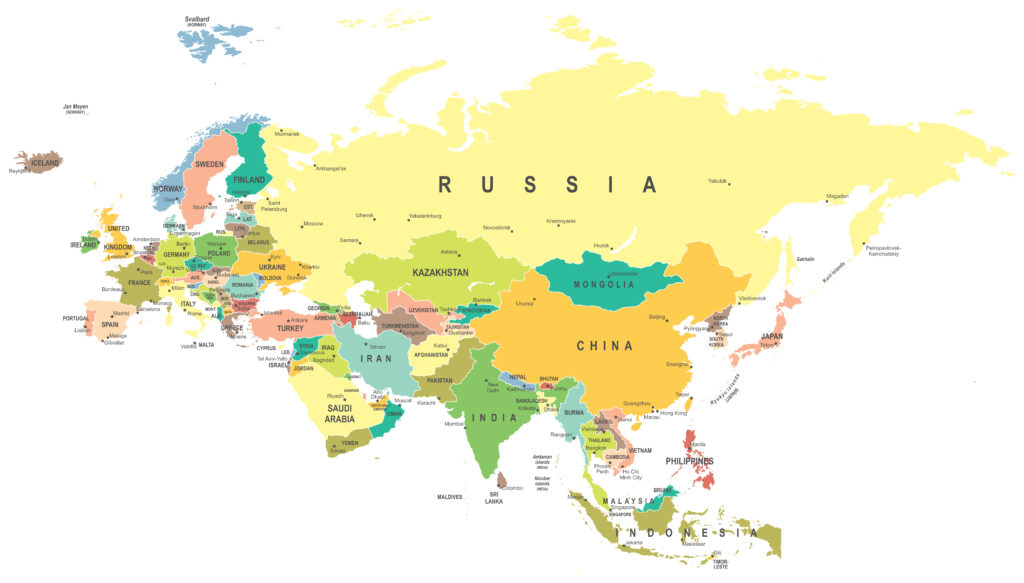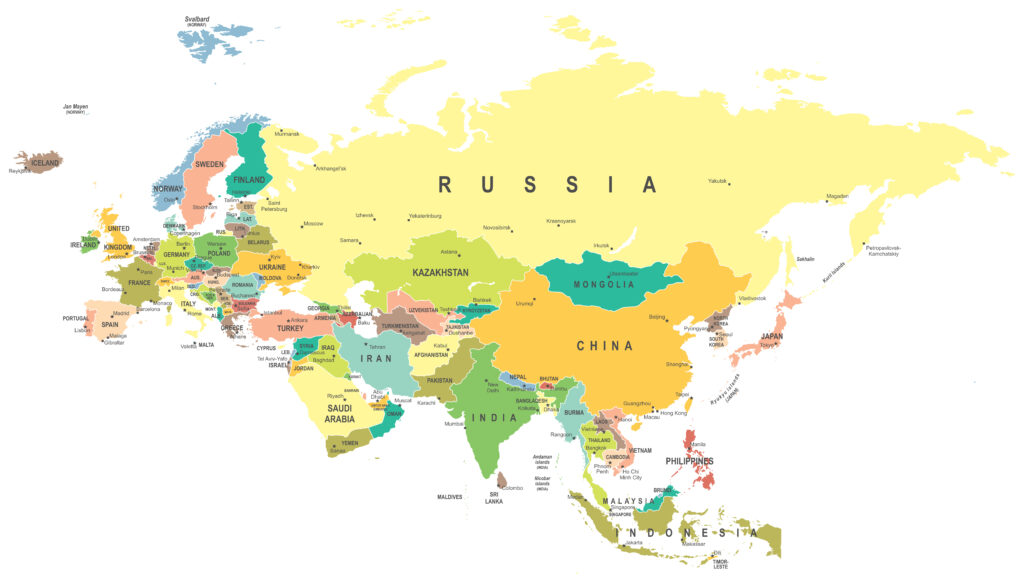
Russian Ministry of Foreign Affairs, 12/17/21, Unofficial English Translation
DRAFT
The United States of America and the Russian Federation, hereinafter referred to as the “Parties”,
-guided by the principles contained in the Charter of the United Nations, the 1970 Declaration on Principles of International Law concerning Friendly Relations and Cooperation among States in accordance with the Charter of the United Nations, the 1975 Helsinki Final Act of the Conference on Security and Cooperation in Europe, as well as the provisions of the 1982 Manila Declaration on the Peaceful Settlement of Disputes, the 1999 Charter for European Security, and the 1997 Founding Act on Mutual Relations, Cooperation and Security between the North Atlantic Treaty Organization and the Russian Federation,
-recalling the inadmissibility of the threat or use of force in any manner inconsistent with the purposes and principles of the Charter of the United Nations both in their mutual and international relations in general,
-supporting the role of the United Nations Security Council that has the primary responsibility for maintaining international peace and security,
-recognizing the need for united efforts to effectively respond to modern security challenges and threats in a globalized and interdependent world,
-considering the need for strict compliance with the principle of non-interference in the internal affairs, including refraining from supporting organizations, groups or individuals calling for an unconstitutional change of power, as well as from undertaking any actions aimed at changing the political or social system of one of the Contracting Parties,
-bearing in mind the need to create additional effective and quick-to-launch cooperation mechanisms or improve the existing ones to settle emerging issues and disputes through a constructive dialogue on the basis of mutual respect for and recognition of each other’s security interests and concerns, as well as to elaborate adequate responses to security challenges and threats,
-seeking to avoid any military confrontation and armed conflict between the Parties and realizing that direct military clash between them could result in the use of nuclear weapons that would have far-reaching consequences,
-reaffirming that a nuclear war cannot be won and must never be fought, and recognizing the need to make every effort to prevent the risk of outbreak of such war among States that possess nuclear weapons,
-reaffirming their commitments under the Agreement between the United States of America and the Union of Soviet Socialist Republics on Measures to Reduce the Risk of Outbreak of Nuclear War of 30 September 1971, the Agreement between the Government of the United States of America and the Government of the Union of Soviet Socialist Republics on the Prevention of Incidents On and Over the High Seas of 25 May 1972, the Agreement between the United States of America and the Union of Soviet Socialist Republics on the Establishment of Nuclear Risk Reduction Centers of 15 September 1987, as well as the Agreement between the United States of America and the Union of Soviet Socialist Republics on the Prevention of Dangerous Military Activities of 12 June 1989,
have agreed as follows:
Article 1
The Parties shall cooperate on the basis of principles of indivisible, equal and undiminished security and to these ends:
shall not undertake actions nor participate in or support activities that affect the security of the other Party;
shall not implement security measures adopted by each Party individually or in the framework of an international organization, military alliance or coalition that could undermine core security interests of the other Party.
Article 2
The Parties shall seek to ensure that all international organizations, military alliances and coalitions in which at least one of the Parties is taking part adhere to the principles contained in the Charter of the United Nations.
Article 3
The Parties shall not use the territories of other States with a view to preparing or carrying out an armed attack against the other Party or other actions affecting core security interests of the other Party.
Article 4
The United States of America shall undertake to prevent further eastward expansion of the North Atlantic Treaty Organization and deny accession to the Alliance to the States of the former Union of Soviet Socialist Republics.
The United States of America shall not establish military bases in the territory of the States of the former Union of Soviet Socialist Republics that are not members of the North Atlantic Treaty Organization, use their infrastructure for any military activities or develop bilateral military cooperation with them.
Article 5
The Parties shall refrain from deploying their armed forces and armaments, including in the framework of international organizations, military alliances or coalitions, in the areas where such deployment could be perceived by the other Party as a threat to its national security, with the exception of such deployment within the national territories of the Parties.
The Parties shall refrain from flying heavy bombers equipped for nuclear or non-nuclear armaments or deploying surface warships of any type, including in the framework of international organizations, military alliances or coalitions, in the areas outside national airspace and national territorial waters respectively, from where they can attack targets in the territory of the other Party.
The Parties shall maintain dialogue and cooperate to improve mechanisms to prevent dangerous military activities on and over the high seas, including agreeing on the maximum approach distance between warships and aircraft.
Article 6
The Parties shall undertake not to deploy ground-launched intermediate-range and shorter-range missiles outside their national territories, as well as in the areas of their national territories, from which such weapons can attack targets in the national territory of the other Party.
Article 7
The Parties shall refrain from deploying nuclear weapons outside their national territories and return such weapons already deployed outside their national territories at the time of the entry into force of the Treaty to their national territories. The Parties shall eliminate all existing infrastructure for deployment of nuclear weapons outside their national territories.
The Parties shall not train military and civilian personnel from non-nuclear countries to use nuclear weapons. The Parties shall not conduct exercises or training for general-purpose forces, that include scenarios involving the use of nuclear weapons.
Article 8
The Treaty shall enter into force from the date of receipt of the last written notification on the completion by the Parties of their domestic procedures necessary for its entry into force.
Done in two originals, each in English and Russian languages, both texts being equally authentic.


